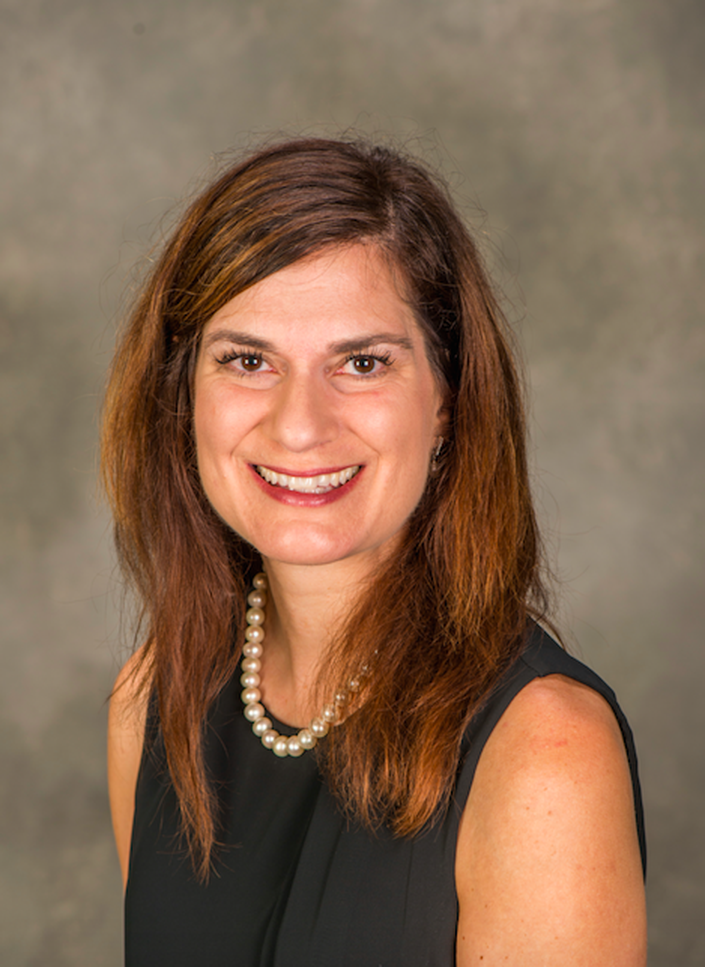Episode 2: Relational Frame Theory & Relational Density Theory
1 BACB CEU
Description:
This talk will introduce relational frame theory (Hayes etal., 2001) and relational density theory (RDT: Belisle & Dixon, 2020) as reticulated theories of human language learning that may serve to increase the precision, scope, and depth of behavioral interventions. The Series is designed to help researchers and practitioners to utilize this analytic strategy within RDT approaches.
Learning objectives:
- Describe key concepts underlying relational density theory
- Conduct a multidimensional scaling analysis of complex relational networks
Agenda
Part 1– Review RDT and its purpose
Part 2– how to develop an experiment to construct a geometric analysis of relational framing
Part 3– How to analyze data using the multidimensional scaling procedure
Part 4 – Analyzing data visually and statistically
Part 5– Next steps in the lab

Dr. Jordan Belise
Dr. Jordan Belisle is an associate professor in the Psychology Department at Missouri State University. I the first 5 years of his faculty, Jordan has published over 80 peer-reviewed research studies and book chapters and has co-authored two books, includingResearch Methods for Practicing BehaviorAnalystsandAcceptance and Commitment Therapy for Behavior Analysts.His research lab, Humans Understanding Behavior (HUB) is dedicated to exploring complex topics of the human condition. In basic research, Jordan developed relational density theory as an extension of relational frame theory to account for self-organization in human language and cognition. His recent translational research has utilized this approach to model relational behavior within oppression of women, racial groups, and challenges related to climate change. In practice, he helped to develop the PEAK Relational TrainingSystem and is currently applying this and other technologies to support children and adolescents with mental health and behavioral challenges. His vision is for an expanded field that adequate to address the complexities of human experience and to make the world better for all people.

